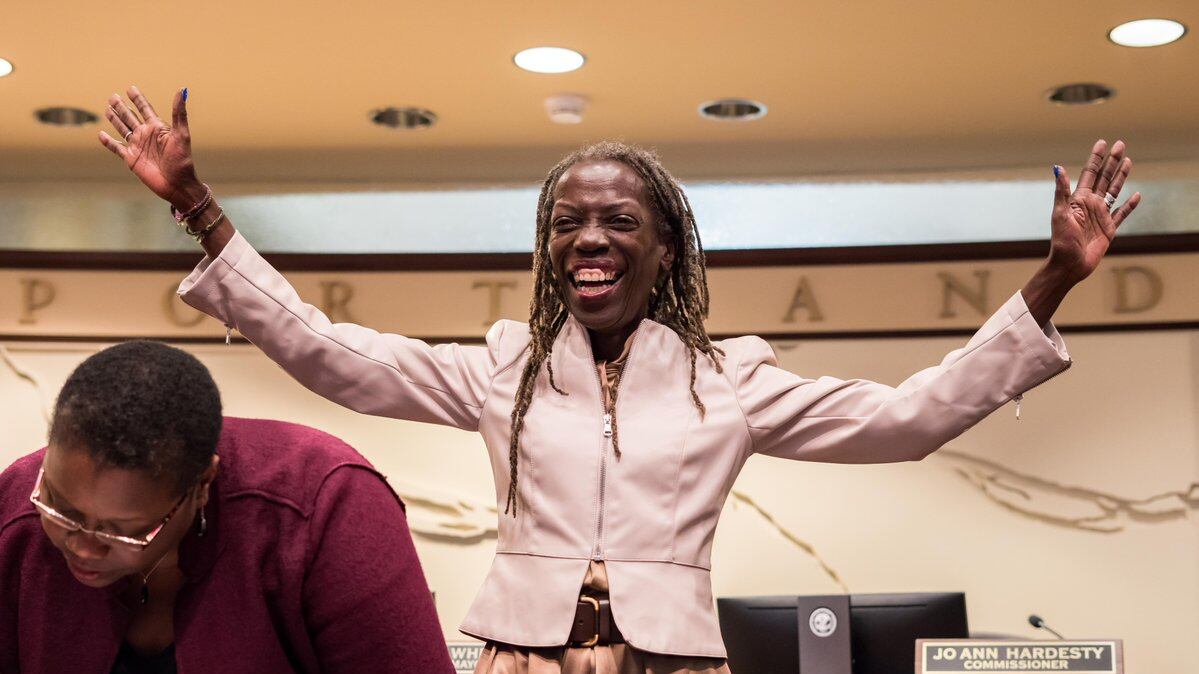Portland City Commissioner Jo Ann Hardesty today released preliminary details about Portland Street Response, a new approach to how the city handles some calls for service.
The pilot program is modeled on a the work of a Eugene non-profit called Crisis Assistance Helping Out On The Streets (CAHOOTS). Rather than sending police to low-acuity calls involving homeless people or others experiencing non-emergency mental-health crises, CAHOOTS sends two-person teams staffed by civilians—usually a medic and person trained in crisis intervention.
Related: Portland Moves One Step Closer to A More Rational Emergency Response to Homeless People
Hardesty's office said in a statement today that they'll roll out an initial vehicle in the spring of 2020 in Fire District 11, which covers much of Lents in East Portland.
The idea is to better match the need with services provided. Currently, Portland dispatches police officers to 911 calls that are not specifically medical. That's a problem because the city is short of police officers; officers aren't necessarily trained to address the issues they are called to deal with; and people better-equipped to do the work are less expensive than police.
"In 2017, over half of arrests in Portland were of people who identified as houseless," Hardesty's office said in a statement. "Since 2013, calls regarding 'unwanted persons' increased by 60%. The current response to these low-priority service calls are costly, inefficient, and often end in criminalizing rather than helping those in crisis."

